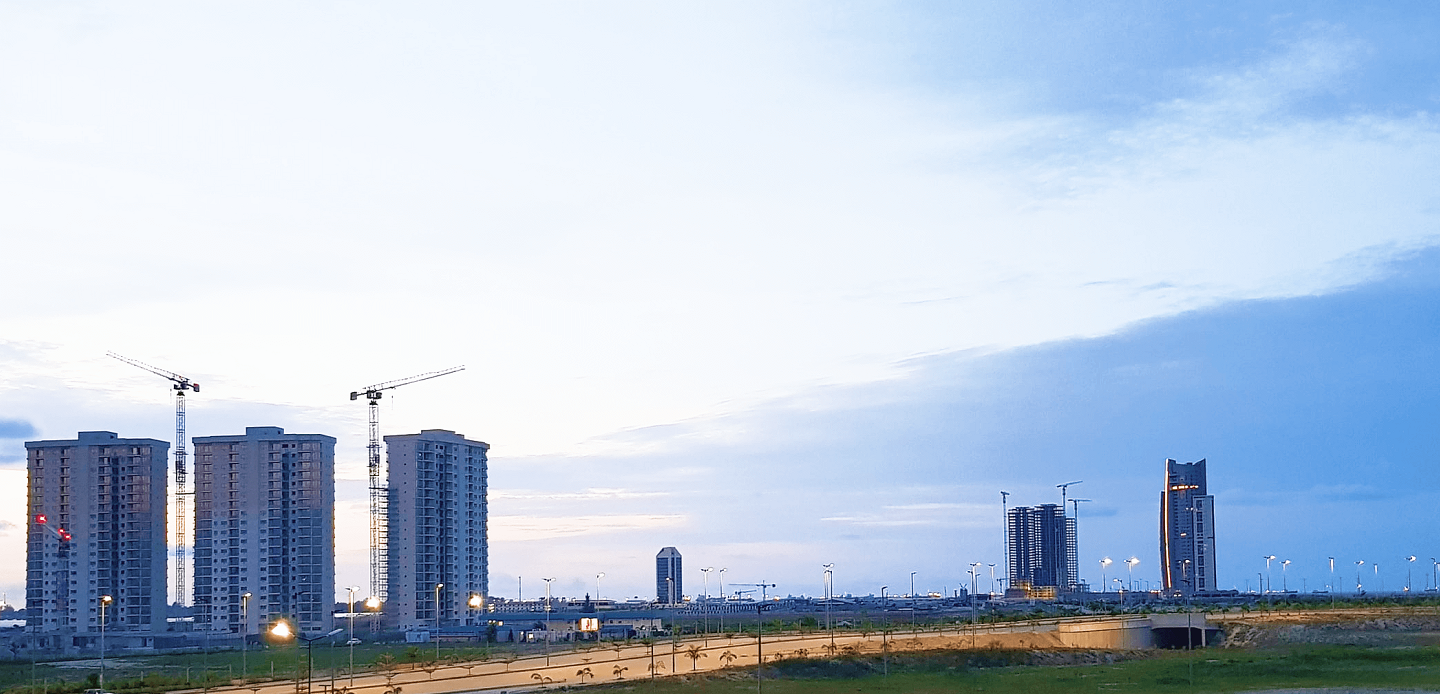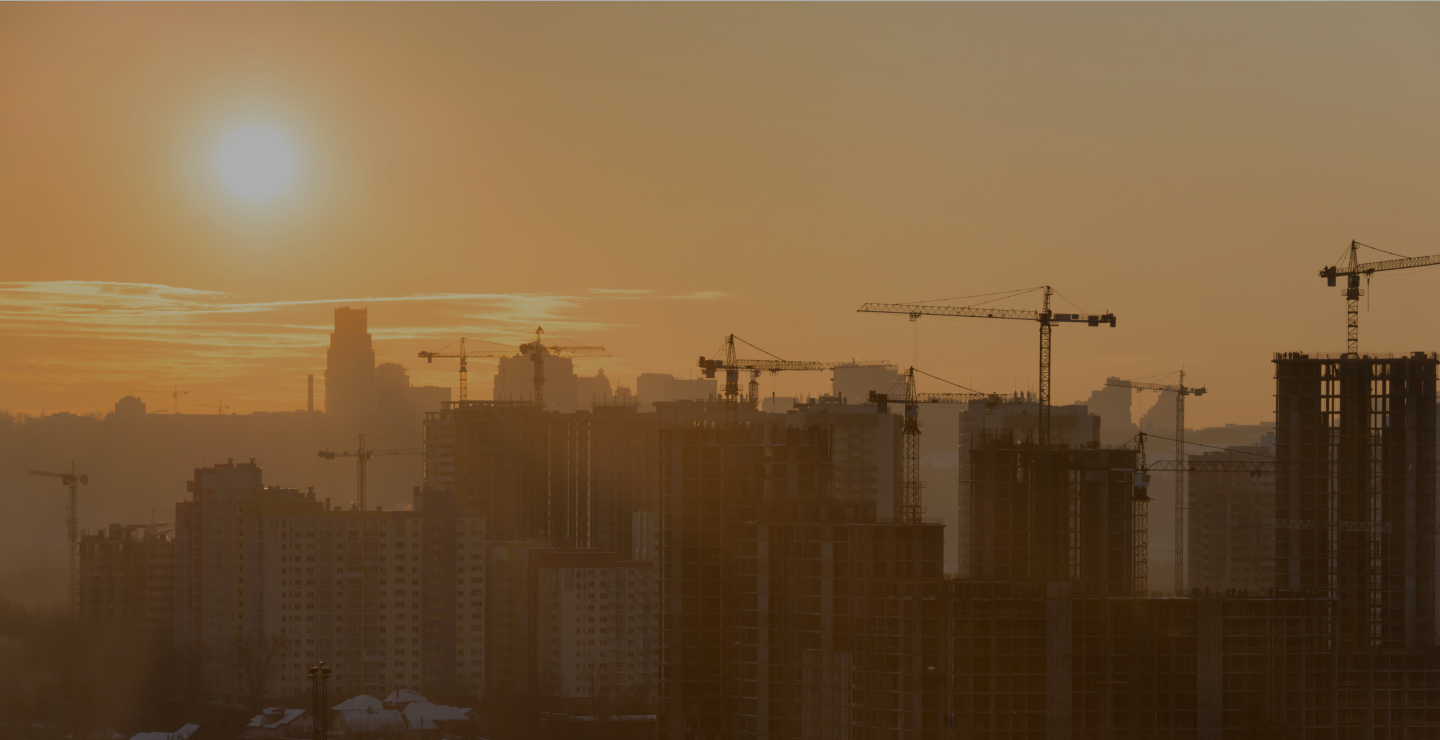In the 4th quarter of 2019, Nigeria amended the Production Sharing Contract (PSC) Act to unlock the premium rights due to the Nigerian Government from crude oil produced under the PSC arrangement. The expected returns due to the Nigeria, a net oil exporter was expected to increase in 2020 with oil prices encouraging higher inflows of export earnings into the economy of Nigeria. However, the first quarter of 2020 has witnessed fluctuations in the oil price representing the largest source of instability in exchange rates in Nigeria.
Nigeria’s 2020 Appropriation Act was initially based on crude oil production volume of 2.18 million barrels per day, with a $57 benchmark per barrel. The downward trajectory in oil prices was initially triggered by the disagreement between Saudi Arabia and Russia and then compounded by the economic slowdown due to measures taken across the world to combat the Covid19 pandemic. The result has been a dramatic drop in oil prices as evidenced by the April 15, 2020 price of Brent Crude (the international benchmark pricing for Nigeria’s Bonny light crude oil) at $27.69 per barrel.
OPEC has sought to address this situation with output cuts but experts predict that this will not be enough. Last week OPEC and its allies agreed to deeper output cuts in a bid to save declining oil prices. Following the deal, Nigeria’s Minister for Petroleum, Timipre Sylva, announced that the country will now be producing 1.412 million barrels per day, as against 1.829 million barrels per day. With this volume, if crude oil is sold at an average price of $25 bpd in April, then the country would be earning N13.41 billion per day as against the N17.29 billion that was earned prior to the cut.
The International Energy Agency’s projection is that global oil demand in April will be 29 million b/d lower than a year ago; down to a level last seen 25 years back (1995). This demonstrates that cuts in output by producers may not fully offset the near-term falls facing the market.
Nigeria is currently confronted with revenue generation concerns and faces a number of challenges in order to quickly address the revenue shortfall of the budget. This will have an effect on the exchange rates and the value of the Naira will be under pressure vis a vis international currencies including the dollar and pound sterling.
Equally, the government would still find it difficult to close the revenue gap with tax, as the commercial hub centre of the economy, Lagos, has been lockdown for about three weeks to control the spread of COVID-19. If the lockdown is prolonged for 2-3 months, 2020, the revenue and funding gap could be seriously compounded.
If the lock down is not prolonged, there is some light at the end of the tunnel and the industry opinion of experts and the IEA is that there is hope for a rebound in the second quarter of 2020. An excerpt from the IEA report reads as follows:
“Demand is expected to be 23.1 million b/d below year-ago levels. The recovery in 2020 will be gradual; in December demand will still be down 2.7 million b/d.
“If production does fall sharply, some oil goes into strategic stocks, and demand begins to recover, the second half of 2020 will see demand exceed supply. This will enable the market to start reducing the massive stock overhang that is building up in the first half of the year. Indeed, our current demand and supply estimates imply a stock draw of 4.7 million b/d in the second half.”
In the meantime, the global capital expenditure by exploration and production companies has been forecast to drop by about 32% to $335 billion in 2020. This will mark the lowest level since 13 years. Unfortunately, this will come with some negative implications as you can see in the quote below:
“This reduction of financial resources also undermines the ability of the oil industry to develop some of the technologies needed for clean energy transitions around the world.”



